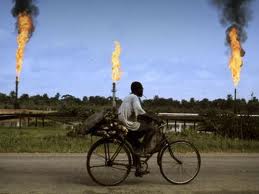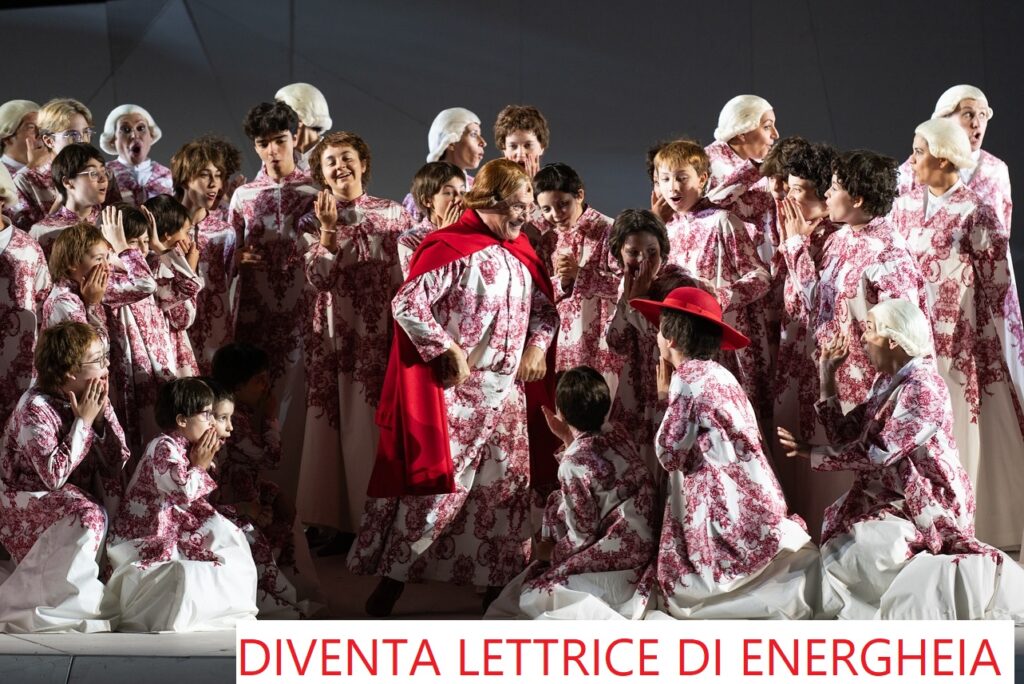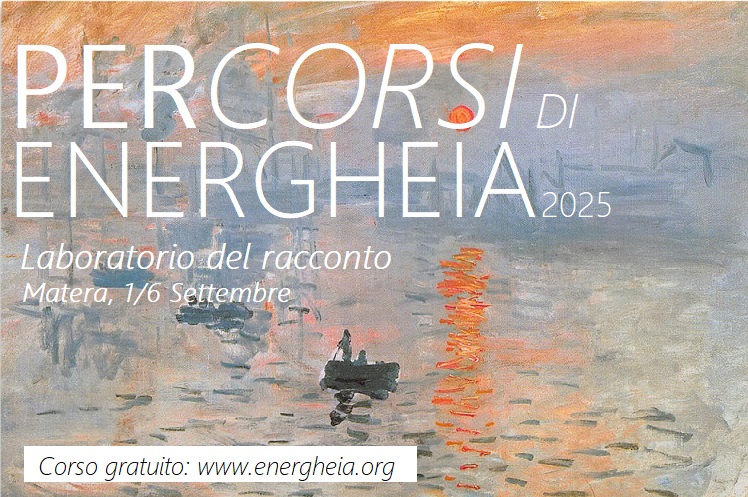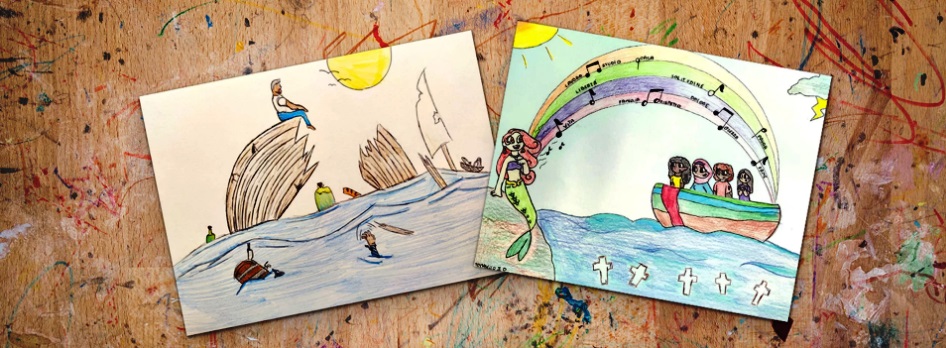Child of the streets_Angela Nyokabi Baiya
I turned at the junction and took the led to our one-store house in the upmarket
Kileleshwa. My two children, Kui and Maina, were in the back
seat playing loudly despite my protestations.
As I approached our house, I saw the boy again, hand stretched out for
whatever anybody could put in it. He must have been around six or so,
much the same age as my children. He was such a common feature that
sometimes he melted into the surroundings and I did not see him despite
his presence there. As usual I drove past without looking his way. Some
days I did look at him albeit briefly, just long enough to thank God that
neither of my children was in his shoes. The boy was a sight – bare feet,
tattered clothes, runny nose, and protruding belly. Many times I had
brought him our kitchen leftovers, which he received with a weak smile.
Very early in the morning and late at night, one could not miss him
walking up and down our road, hand outstretched. Didn’t he ever get
tired or have a home to go to, I wondered?
I waved to the watchman as I swung the car onto our winding
driveway. Leaving the boot open for our house-help, Wangechi, to get
out the monthly shopping, we walked into the house. It had been a
long, hot Saturday afternoon. Trying to keep two rowdy children in
tow and well behaved in a busy supermarket while picking items
from the shelf was no easy task. I had had to give in to their cries for
ice-cream and chocolate just to keep them quiet. Disapproving stares
from other shoppers did not help.
I sank into my favourite seat, newspaper in hand, trying to block out
Kui’s and Maina’s squeals. Wangechi busied herself getting our
evening tea ready. It would not be long before my husband, Mwangi,
got home. He worked as a manager in one of the big banks in the
country, and often had to work on Saturdays.
Ours was a comfortable life. We lacked nothing. Mwangi’s job took
care of us well. The bank paid for our most basic needs, footing even
the shopping bills. It had therefore been easy to quit my job as a book
editor to raise our children.
A normal day found me reading, and corresponding for newspapers
and magazines. I picked the children in the evenings although the
school bus was available. This offered a welcome break from the
house the days I did not visit my friends who like me, preferred to
stay home and raise their children.
Mwangi soon walked in looking exhausted. I waited for him to freshen
up and round up Kui and Maina before we sat down to tea.
The next day, I left the house in the late afternoon to take my Sunday
walk. We had been to church and come straight home. Most Sundays
we had family outings but today Mwangi especially needed to rest. My
sister had brought her two boys over and left to attend a function with
her husband. Being Wangechi’s day off, my hands had been full
through out. I therefore needed some quiet as I embarked on my stroll.
There was the boy again. I should have brought some of the left over
chicken from lunch for him. Anyway, someone may want to snack
while I was gone so it did not matter.
“Saida,” he said with a small voice, meaning, “help me”.
Side-stepping him to avoid his hand dirtying my white blouse, I
walked on breathing in the fresh air and taking in the quiet of a
peaceful afternoon.
“Saida.”
Surely, he could not expect me to feed him everyday. Only three days
ago I had brought him a full meal. His eyes had brightened up. He
had grabbed my hand and thanked me profusely. I washed it
immediately I got to the house.
The boy left my mind as soon as the new bright flowers by the
roadside caught my eye. I made a mental note to cut some on my way
back to plant in my ever-expanding garden. Neighbour hooted a
greeting as he drove by.
It was almost two hours before I neared our house again. As I
approached the boy from the behind, I hoped he would not turn round
and see me – his filthy hand made me sick. I kept my eyes on him,
calculating how to make good my escape. For the first time I noticed
how thin he was. The protruding belly I often saw as I drove by did not
show for much – he most likely had kwashiorkor. Apasser-by gave him
a half-eaten banana- the half that was too marshy for her. He did not
attempt to swat the flies that hovered over the left arm that hang limply
on his side. I drew closer and prepared to hurry past. That’s when I saw
the large septic gaping wound on his arm. Its sight knotted my stomach,
making me wince as though I was the one in pain. How disgusting, I
thought. He probably was in a fight with some of the bigger boys who
also frequented our road. However, it did not look like a bruise from a
fight. Adog bite, perhaps? I did not want to imagine the pain he was in,
and yet he still kept at his beginning with a straight innocent face, too
used to all kinds of pain to feel this one. The wound was not the kind to
be kept untended. It would soon fester. Safely past the boy, I walked on
my mind focused on what to prepare for supper.
Back home I was greeted by the yelling I had run away from.
Mwangi was with the four children enjoying the ice cream we had
bought the day before. I only hoped they had left some for me – nutty
fruity was my best flavour. The cake cramps all over my kitchen tops
was an indication that afternoon tea was over.
My sister and her husband ate with us before leaving with their boys.
The next day was school and I shepherded mine off to bed early.
I saw the street boy again over the next few days as I drove by. Even
from a distance I could tell his hand was swelling more by the day.
Tomorrow, I told myself one day as I led the children into the house
from school, tomorrow I must check on him. I was too busy right then
completing an article that had to be with a newspaper editor the first
thing in the morning. However, the next day I got home late in the
evening, the boy duly forgotten.
When I eventually got to see him it was many days later. His name
was Gidi and had no idea where his parents were: His mum once
walked out of their one-roomed shack and left him, never to return.
His father, he had never known. Gidi had therefore been forced to
fend for himself the best he knew how. Two weeks earlier, he had
been cut by a rusted piece of iron sheet in the garbage put out by
neighbours. The laceration had bled for days. The wound looked
worse than I had seen it a week before and definitely needed
immediate medical attention. It would not cost me much to have a
doctor have a look at and dress it.
Gidi was filthy from head to toe and could not possibly get into my
car like that. The way he smelled would make the drive to the
hospital uncomfortable. With guarded caution I let him into our
home. Wangechi washed him slowly, taking care not to hurt the
hand. Gidi looked handsome in some of Maina’s old clothes and
sneakers. Why I was doing this I wasn’t sure. I did not even
understand the sudden compassion I felt for the boy these many
months after he had become part of the landscape by our road. I sat
across the table and watched in silence as he devoured his lunch. He
had not eaten properly for a number of days. I had my fears about the
swelling – his fingers were the size of small sausages and the whole
arm looked much darker than the other parts of his body. He had no
sensation in it.
Gidi was hospitalised as soon as the doctor laid eyes on him. By
evening of the same day the arm had been amputated. As I had
suspected, the infection had spread too far for it to be saved.
However, it wasn’t until the next day that I was allowed to see him.
He lay on his bed staring at the bandaged stump by his side. It was
obvious he had been crying.
“They’ve cut my hand,” he said amid sobs. Gidi looked so frightened.
A lump formed in my throat and I swallowed hard to fight back my
own tears. This could have been one of my children but for the
grace of God. How could I have taken it were it Kui or Maina lying
there? Guilt filled my mind as I put an arm round Gidi. Sobs
wrecked his small body. I couldn’t let him see my tears. I surprised
even myself – I had been totally unconcerned about the boy only a
few days back. Now I was in hospital crying for him and trying to
find words to explain how he had become disabled overnight. Why
hadn’t I done the responsible thing two weeks before?
I visited Gidi everyday for the whole week he was there. He was
constantly on painkillers and would continue to be until the stump
healed. As the end of his hospitalisation drew near, there arose the
issue of where he would go. Mwangi was adamant when I broached
the suggestion that we house him until he got better.
“That boy can’t possibly live here,” he protested, “That’s not good for
our kids.” That was true. Gidi did harbour a lot of bitterness against
his mother for leaving him, and the world that turned a blind eye on
him. No telling what he could do to our children.
I placed an advertisement in the papers asking for his relatives to
claim him from the hospital. No one came forth. Children’s homes
were not willing to take on an amputee for lack of staff to attend to
him full-time. Seeing how involved I had become with Gidi, Mwangi
offered to hire someone to take special care of him at the children’s
home that had finally accepted him on this condition.
On the day I dropped him at the home, he was over himself in tears,
frightened by the new surroundings and faces. I reassured him that
Otieno, the young man who had accepted the charge, would take care
of him until he got better. It was difficult to leave him so torn, for
although Gidi was once just a feature outside my gate, the happenings
of the last few days had created an intimacy between us I never
imagined possible with an urchin. I promised to see him as often as I
could. I did.
As years passed, I watched Gidi grow into a handsome young man.
The counselling I took him through saw him deal with the resentment
and anger that had been so deeply buried within. Before Gidi
happened in my life, I had been too comfortable in my world to care
about the less fortunate. I now find myself knocking on wooden doors
in one of the city slums in a poverty-uplifting programme I am
involved in. Once a month I help to dole out foodstuff and clothing.
The programme even raised money for an artificial arm for Gidi when
he was 10, giving him back his confidence among peers. It was
always a joy to attend prize-giving day at the home and watch him lift
the trophy for best student, and another for best athlete.
Once in a while I invited him to spend a day with us. His warm heart
and appreciation of the small things in life greatly humbled my family
and I. He became a positive influence on our two children contrary to
our earlier fear. When he was around, laughter filled our home. Kui
and Maina looked forward to his next visit whenever he left.
Today, Mwangi and I sit in church where Gidi’s parents should have
been. As he says his vows, he lookes in our direction and I flash him a
smile.
It had been a different kind of tears I had shed for Gidi the day he
strode into our house and asked us to step in for his parents on his
wedding day. The big day had finally come. The tall athletic guy
before us looked dashing in his new black suit. He did a mock
catwalk to which we cheered and whistled in approval.
Before we had left the house for church Gidi had taken me aside and
said, “Thanks for giving me a second chance, Mum.” He had become
like a third child to Mwangi and I, and a brother to Kui and Maina.
Through the experience, we had learned invaluable lessons.
The ceremony is over by early evening. As he walks away with his
beautiful bride, Gidi turns to me and mouths the words, “Thank you.”





